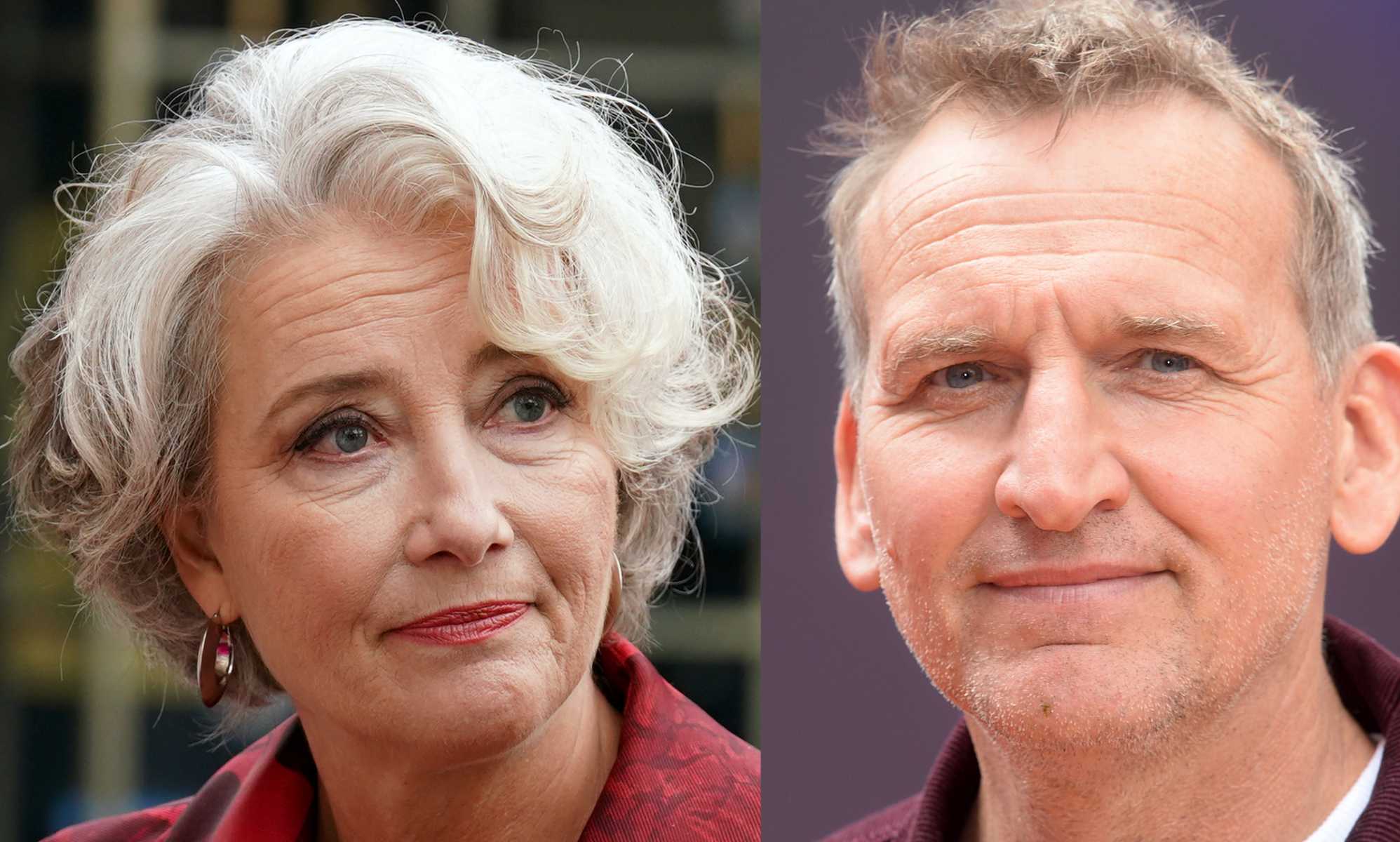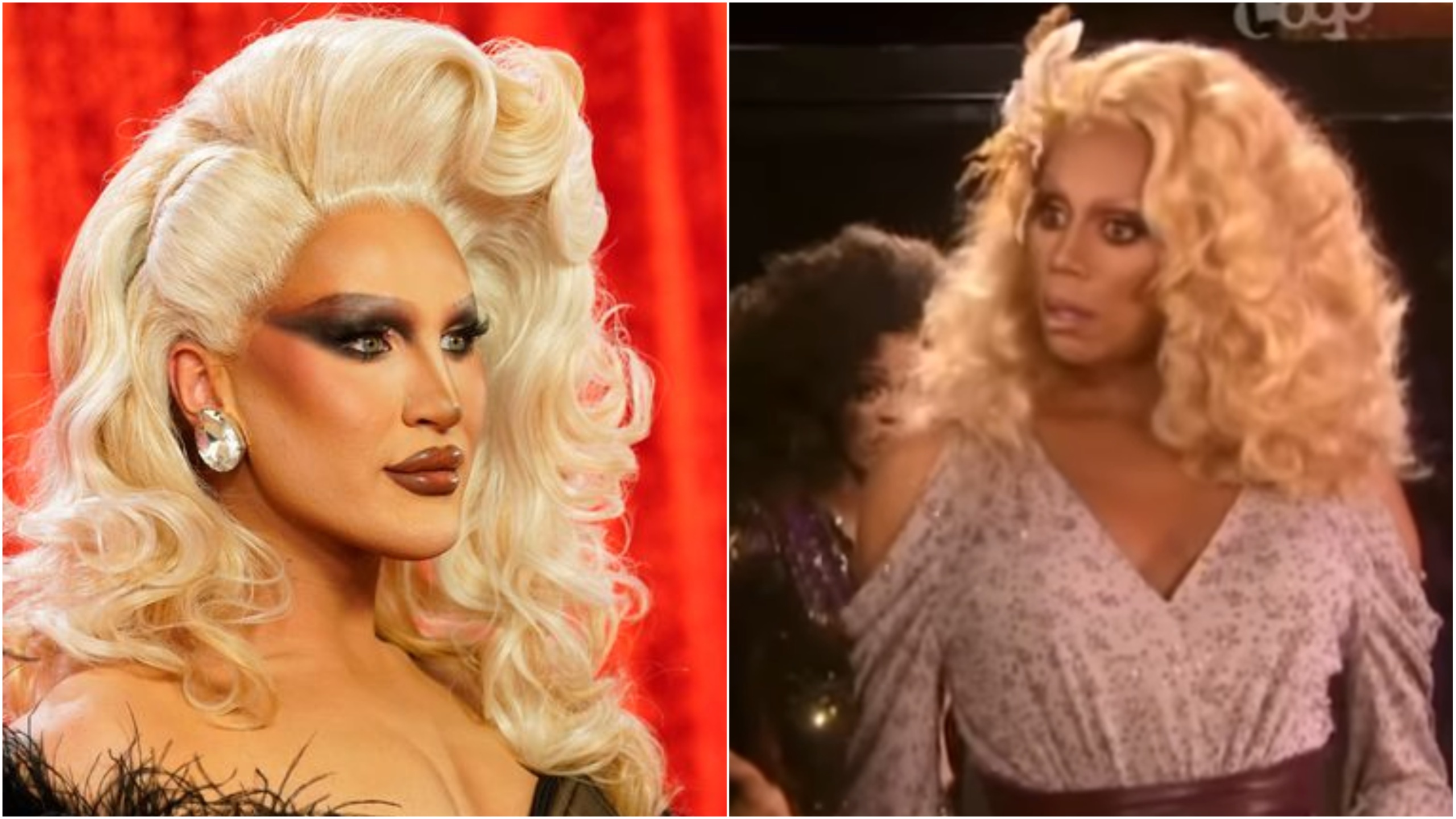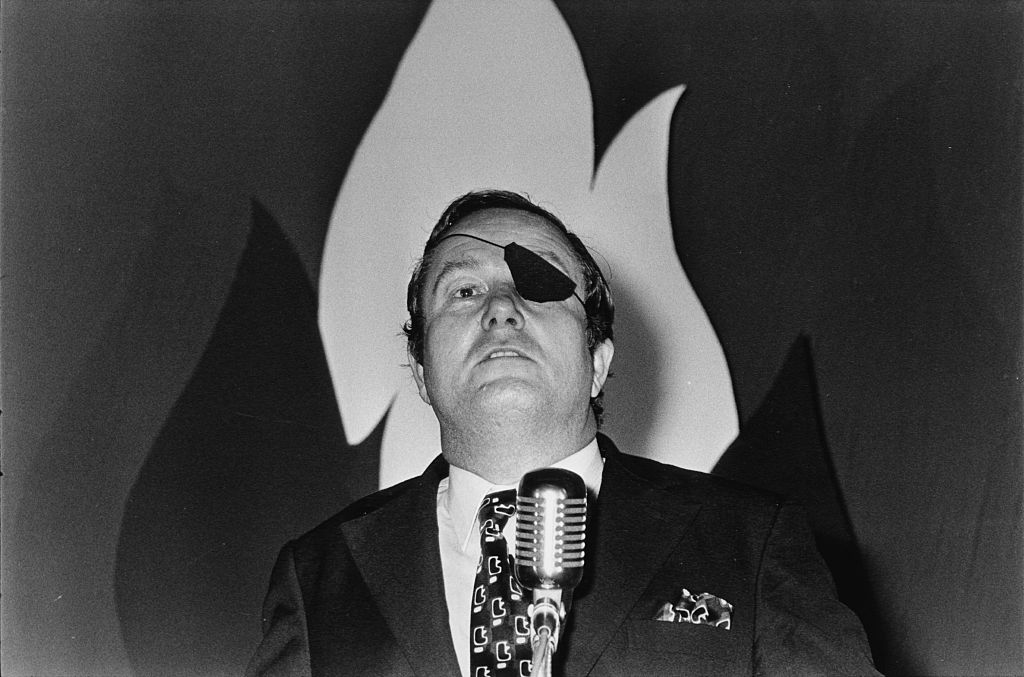Trans and non-binary musicians on fighting for space in the industry
Trans and non-binary musicians have to battle to carve a space in the notoriously inaccessible music industry.
On the surface, it has been a great year for trans and non-binary artists. Sam Smith and Kim Petras made history by topping the Billboard Hot 100 with “Unholy”, then by becoming the first trans duo to win a Grammy in February. Meanwhile, singer-songwriter Ethel Cain has found a cult following that enabled her to tour the world, and Christine and the Queens and Anohni and the Johnsons released albums to critical acclaim.
So, against a backdrop of rising anti-LGBTQ+ hostility, the music industry appears to be a safe, accepting space.
But, for newer trans and non-binary artists, the picture is more complex. They’re battling to get on gig line-ups, while hearing silence when it comes to record deals.
However, they are also finding a renewed sense of self and community among other trans musicians, purely by being able to make music their full-time job. It’s a strange world to navigate.
Self-described “ouija pop” singer Bambie Thug moved from Cork, in the Republic of Ireland, to London to pursue a music career, but it wasn’t until they realised that they’re non-binary that they started making the sounds they wanted to.
“I allowed myself to be more free as a person and therefore more free in my music,” they say. “Bambie Thug the project is two-and-a-half years old now, and it’s been steadily going up.
“Something in the universe said, ‘OK, now you have aligned. You are ready’.”
As a result, their latest EP, Cathexis, is a gritty, genre-defying project that stands out in a crowded market. But, still, music executives haven’t taken notice.
“I could argue that I’m one of the best acts in the UK industry” Bambie says, “and I still haven’t got any offer of signing or any publishing offers.”
Although they’re not sure whether the lack of signing relates to their identity, Bambie is clear that the industry has an issue with a lack of trans and non-binary representation – and it could be stemming from the increasing anti-trans rhetoric in the UK.
Sam Smith, arguably the world’s biggest non-binary artist, had to come out long after they found fame, Bambie points out – and since doing so, they have been subjected to continuing ridicule.
“It is annoying because culture comes from the queer community,” Bambie adds. “I would like to see more of us in the spotlight because there are a lot of incredible artists who don’t get the light as much as cis people.”
For Los Angeles-based, hyper-pop singer Mel 4Ever, it feels like there is acceptance of trans and non-binary artists, but it is conditional – and limited.
While she’s keen to stress that “all trans experiences are unique”, she says her experience as an artist on the periphery of the music industry has meant “constantly clawing” to get anywhere, despite having numerous queer celebrity fans, including TV star Tommy Dorfman, fellow pop singer Slayyyter, and Drag Race finalist Tayce.
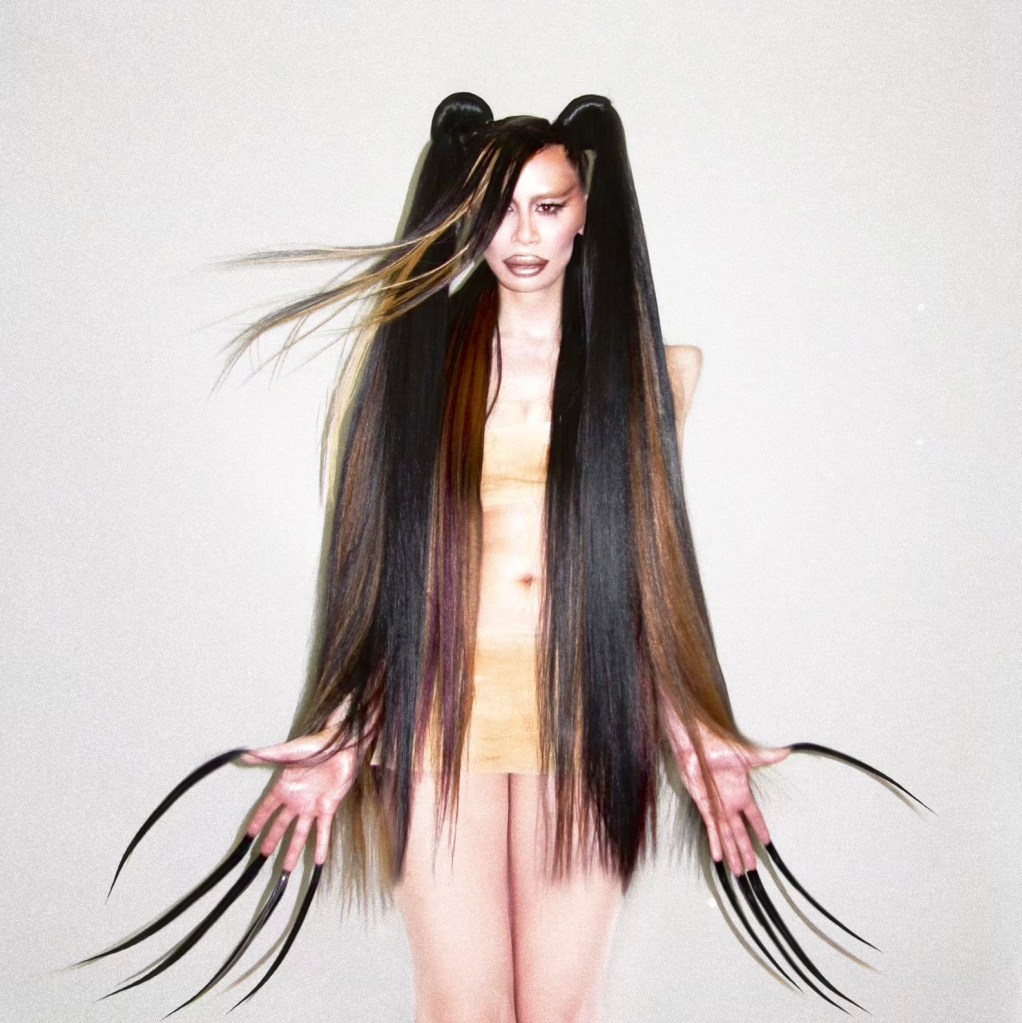
“If you have a party in a major city, you can check your Instagram DMs and I probably [will have] asked you to perform there,” Mel says. “A lot of times, straight people are like: ‘If you fit the fun vibe’, [or] if it’s Pride, ‘Oh, we could maybe have you then’. But [I’m] not always welcomed.”
While Mel thinks it’s “the best time” to be a trans or non-binary musician, given that some are undeniably thriving, it can also feel conflicting.
“I often can feel, am I even special?” she admits. “There are a couple of trans people now and they’re doing really well, maybe the world doesn’t need another one … I get a little anxious because I’m like: ‘Oh, dammit, I’m late to the game’.”
It’s an understandable concern. Such a fuss has been made about Petras and Smith’s success because it is incredibly rare. Meanwhile, only two per cent of the top 1,000 most-listened-to artists identify as LGBTQ+, according to Billboard.
“It’s been mentally tough,” Mel says of her attempt to make it big. “The mental game is probably the hardest part.”
Because opportunities for LGBTQ+ artists are often rooted in the fact that they are LGBTQ+ – as Mel mentions, with her experience of being offered work for Pride – some musicians often feel that they have to be explicit about their identity.
“I still think we’re in an era where, being trans, I have to wear my transness like an armour,” says Sex Education star and pop singer Anthony Lexa.
“I have to be open about my transness as that then offers me some freedom of expression. It will be nice to see a time in the industry where people are just artists, as opposed to trans artists,” she adds.
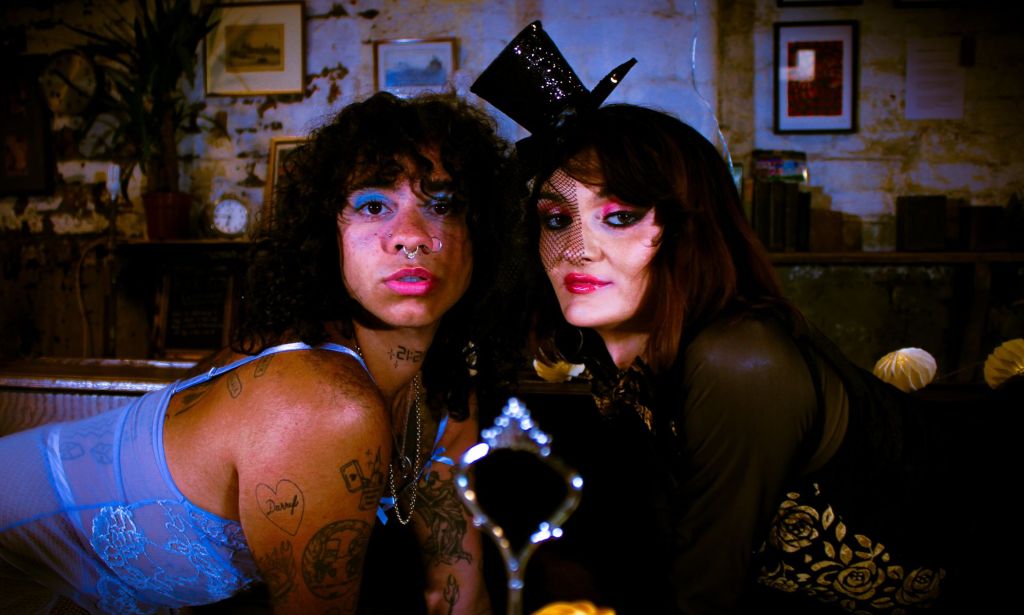
For some musicians, like Bambie Thug and Mel 4Ever, their music career is intrinsically linked to their transness. Mel’s latest EP She Culture.1, for example, is about her being “fully in this world as a trans woman” – one track is pointedly called “J.K. Rowling”.
However, other artists have found their gender identity doesn’t have to be discussed in their music at all, if they don’t want it to be.
Ruby Marshall, the singer behind Australian, non-binary, post-punk project ENOLA, feels they have been able to carve a space in the industry, to an extent, without having to put their gender front and centre.
“It’s just part of me, and something that’s not really at the forefront of my music making. It doesn’t play a big role in [my] lyrics or anything like that,” they say.
While the industry can be inherently “sexist, misogynistic, ageist, transphobic”, and gigs still often consist of “predominantly or all dude, white line-ups”, their gender identity has not necessarily been an impediment to their success.
“I’m not aiming to be a pop star, so I’m not sure if I feel those [barriers] as much,” they add. “I feel there’s a place for me, but I think, at [the industry’s] core, the way that it’s structured, is still quite problematic.”
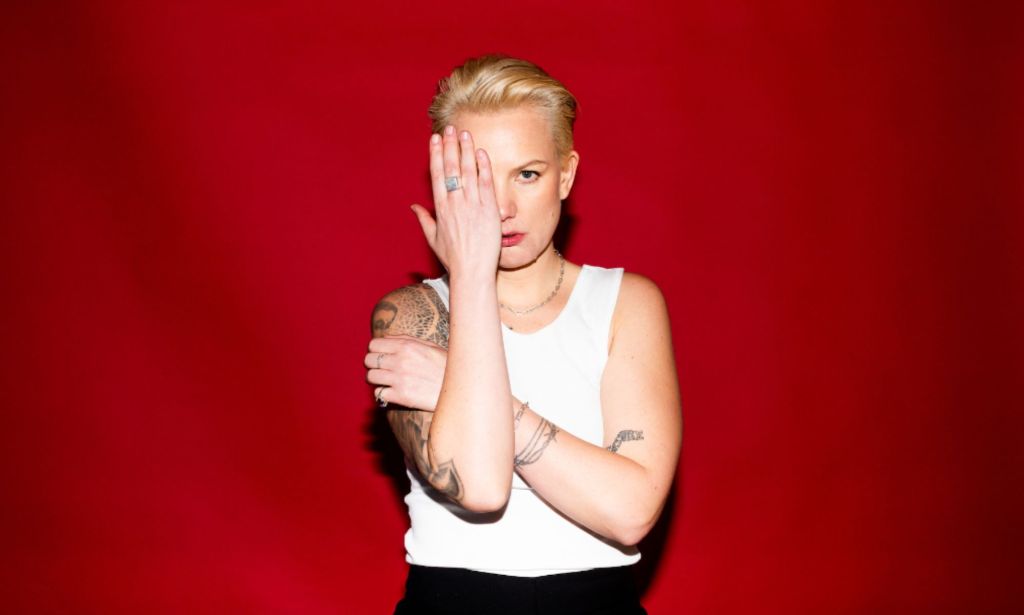
As Bambie Thug suggests, those at the top of the industry probably have money as their main focus, rather than ensuring trans and non-binary artists get an equal platform.
For those hoping for mainstream commercial success, then, there is more pressure to conform to what music bosses want.
In an industry that is difficult to exist in as it is (“the biggest barriers are just how hard it is to make a living off being a full-time musician,” Marshall says), being trans or non-binary adds another layer of complexity.
However, there is a feeling that things can, and will, get better. “I’d love it to change to be honest,” says Bambi Thug, who has found a “beautiful” community of other trans, non-binary and queer artists with whom to work and surround themselves.
“It is slowly changing,” they add. “I think it will take a few more trans, non-binary people to break through for the doors to be even more open.”
The existing trans and non-binary representation, however slim, matters. Bambie has seen it first-hand: recently, a fan messaged them to say that they didn’t really understand what it meant to be non-binary, but following Bambie’s music career had helped educate them.
“If me being authentically me can help other people be authentically them, then that’s my work done. It’s beautiful,” Bambie reflects.
At just 23 years old and on the cusp of her career truly taking off, Anthony has been motivated and thrilled by the increasing success of trans and non-binary artists, and the opportunity to work alongside them. Her latest EP, T Time, was created with her trans Sex Education co-star Felix Mufti.
“As someone from an oppressed community, it’s not my responsibility if the industry accepts me or not. I’m just trying to be grateful for every small win that I get,” she says.
Before the year is out, she will release even more music.
“I’m seeing representation in [the] media and in music that would have sung to me as a kid growing up,” she says. “It would have meant that I wouldn’t have been scared to put out my music and be me in public and be unapologetic about my identity.
“It’s just a beautiful thing that we’re starting to feel seen.”

